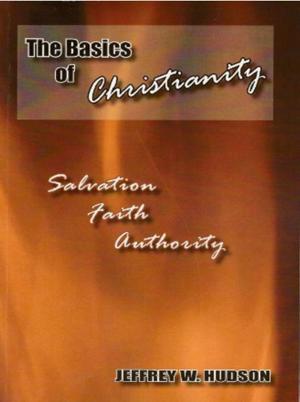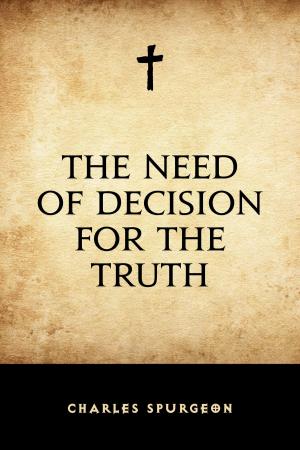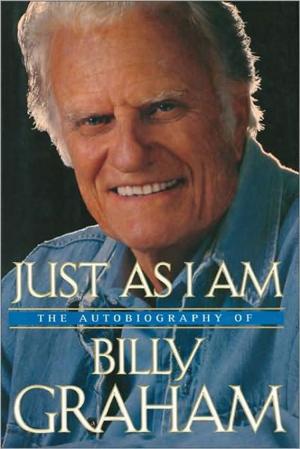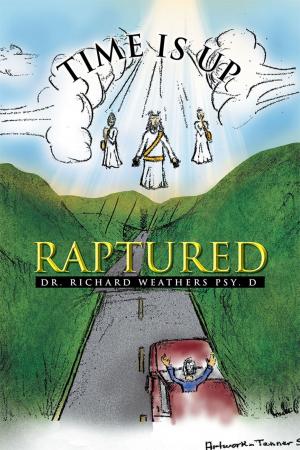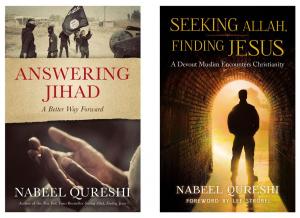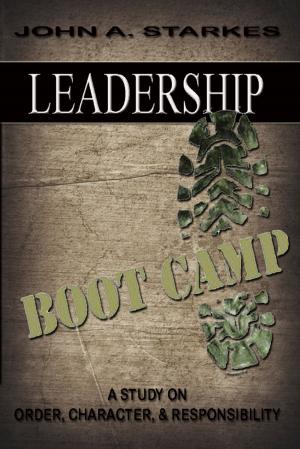The Healer Messiah: Turning Enemies into Trustworthy Opponents
Nonfiction, Religion & Spirituality, Christianity, General Christianity| Author: | John Fairfield | ISBN: | 9781310962868 |
| Publisher: | John Fairfield | Publication: | April 13, 2014 |
| Imprint: | Smashwords Edition | Language: | English |
| Author: | John Fairfield |
| ISBN: | 9781310962868 |
| Publisher: | John Fairfield |
| Publication: | April 13, 2014 |
| Imprint: | Smashwords Edition |
| Language: | English |
This book is about how to live well with people who deny our core beliefs, or whose actions we consider immoral, or who have traumatized us. Such people may be our spouses or kin, or international enemies.
Our societies are polarized—in the United States around issues such as abortion, sexuality, race, red-blue, and Christianity-Islam. Our polarization is fed by media which play on our fears to gain our attention. Political leaders rouse their base instead of speaking effectively to people on the other side, indeed they are chosen for their ability to denigrate. We have a political dynamic that says "I win only if my opponents lose." This book is about how to depolarize but still get what we need.
Without violence. Many of us have a deep faith that, when all’s said and done, our deep needs for freedom and justice can only be won by violence—that the sole effective rejoinder to oppression is violence, that those who won’t kill to defend their rights don’t deserve them, and certainly won’t obtain them. This book offers a new nonviolent weapon, and tries to sort out when one should run, when one should use violence, and when one should use the new weapon.
This book presents a theology that doesn’t talk about the hereafter. Rather, the issue is how to heal this world. The great religions have a common shortcoming. They’ve been around for millenia and have shaped whole civilizations, and yet violence still ravages this earth. Arguably, the spread of violence would be far worse without the great religions, and equally arguably, religion has been a root cause of much of the world's warfare. For me, a touchstone which validates or invalidates religious thought is whether or not it decreases oppression, rape and slaughter.
To my secular, Muslim, Hindu, Jewish, Buddhist, atheist and other non-Christian brothers and sisters: This book is written to Christians in Christian parlance. For me, the Bible is rich with language that speaks about what living is like, and that frames how I understand myself. Though this language is not yours, if you have the grace to look over my shoulder, I trust you’ll find much of value. I speak to Christians, using biblical language, because that is what I am and know. I’m not competent to speak using the language, the framework of your traditions. I have standing to confront my own culture, not yours. I am looking for partners from other traditions to voice the message of this book in their language, to their culture.
Those who argue that we should ditch God language because of its association with toxic concepts and abuses that can’t be shaken from it, have a solid point. But I choose to study, develop and use God language because it is my mother tongue, and because of the richness and sophistication of the thought of previous generations that it taps into, and in particular because it enables me to identify a certain quality of character—God’s spirit. Non-Christian friends, I think you may also value that quality, described in the second chapter. Note well how I disparage propositional belief, in the sixth chapter. And don’t miss the eighth chapter, where I both welcome and challenge you to join me in a place owned by none of us.
This book is about how to live well with people who deny our core beliefs, or whose actions we consider immoral, or who have traumatized us. Such people may be our spouses or kin, or international enemies.
Our societies are polarized—in the United States around issues such as abortion, sexuality, race, red-blue, and Christianity-Islam. Our polarization is fed by media which play on our fears to gain our attention. Political leaders rouse their base instead of speaking effectively to people on the other side, indeed they are chosen for their ability to denigrate. We have a political dynamic that says "I win only if my opponents lose." This book is about how to depolarize but still get what we need.
Without violence. Many of us have a deep faith that, when all’s said and done, our deep needs for freedom and justice can only be won by violence—that the sole effective rejoinder to oppression is violence, that those who won’t kill to defend their rights don’t deserve them, and certainly won’t obtain them. This book offers a new nonviolent weapon, and tries to sort out when one should run, when one should use violence, and when one should use the new weapon.
This book presents a theology that doesn’t talk about the hereafter. Rather, the issue is how to heal this world. The great religions have a common shortcoming. They’ve been around for millenia and have shaped whole civilizations, and yet violence still ravages this earth. Arguably, the spread of violence would be far worse without the great religions, and equally arguably, religion has been a root cause of much of the world's warfare. For me, a touchstone which validates or invalidates religious thought is whether or not it decreases oppression, rape and slaughter.
To my secular, Muslim, Hindu, Jewish, Buddhist, atheist and other non-Christian brothers and sisters: This book is written to Christians in Christian parlance. For me, the Bible is rich with language that speaks about what living is like, and that frames how I understand myself. Though this language is not yours, if you have the grace to look over my shoulder, I trust you’ll find much of value. I speak to Christians, using biblical language, because that is what I am and know. I’m not competent to speak using the language, the framework of your traditions. I have standing to confront my own culture, not yours. I am looking for partners from other traditions to voice the message of this book in their language, to their culture.
Those who argue that we should ditch God language because of its association with toxic concepts and abuses that can’t be shaken from it, have a solid point. But I choose to study, develop and use God language because it is my mother tongue, and because of the richness and sophistication of the thought of previous generations that it taps into, and in particular because it enables me to identify a certain quality of character—God’s spirit. Non-Christian friends, I think you may also value that quality, described in the second chapter. Note well how I disparage propositional belief, in the sixth chapter. And don’t miss the eighth chapter, where I both welcome and challenge you to join me in a place owned by none of us.




